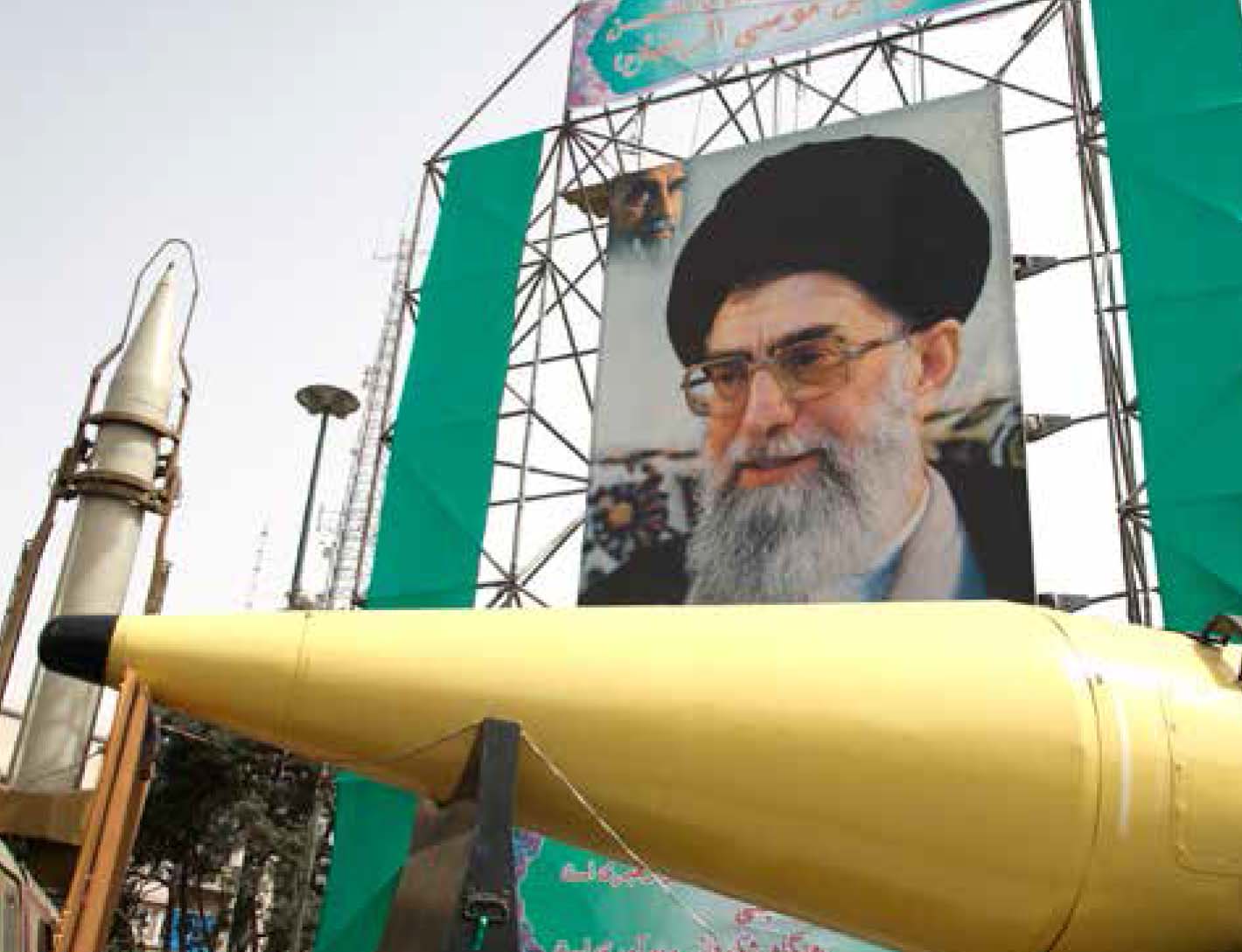Publications
Memorandum No. 143 Tel Aviv: Institute for National Security Studies, November 2014

Click here for the full text.
Executive Summary
This paper explores in depth the ongoing controversy over the NATO ballistic missile defense (BMD) system in Europe. In previous decades, Russia had expressed objections to US missile defense systems, but was particularly unhappy with the plan of President George W. Bush to deploy a missile defense shield in Eastern Europe. Although the Obama administration scrapped Bush’s BMD system in 2009, it has unveiled a BMD system of its own which Russia has continued to oppose.
The United States and NATO claim that the system is designed to deal with the dual threat of ballistic missiles and weapons of mass destruction (WMD) emanating from the Middle East. While NATO has not stated explicitly that the system is intended to defend Europe from an Iranian threat, the United States has suggested that Tehran is indeed a significant threat to the alliance, and that countermeasures are required to address this. However, Russia has never accepted this claim, and maintains that the BMD system is directed at its own strategic nuclear forces. The NATO plans to deploy BMD systems in Romania in 2015 and Poland in 2018 reinforce the Kremlin’s resentment over what it perceives as Western penetration into its “near abroad.”
In recent years, both NATO and Russia have explored the notion of cooperation over BMD. Indeed, this study accepts the argument presented by many experts in the field that both parties have a vested interest in working together to address the growing threat of ballistic missiles in the hands of revisionist regimes. In spite of the Kremlin’s public skepticism over the threat from Tehran, there is evidence to suggest that Russia’s military echelon has concerns of its own over a nuclear Iran armed with ballistic missiles, and has already taken steps to address this problem.
Nevertheless, it is likely that Russia, under the leadership of Vladimir Putin, will view the ongoing differences of opinion over BMD as means to rally support against the West, as tensions over Ukraine escalate. Indeed, the strong disagreements on BMD are part and parcel of the more general mistrust between Washington and Moscow, related in part to Putin’s anger and resentment over the legacy of NATO’s expansion eastwards following the collapse of the Soviet Union. For a country such as Poland, it is the presence of US forces on its territory which constitutes the security guarantee, rather than the actual BMD system itself. This paper argues that BMD is more a reflection of the tensions between NATO and Russia than a direct cause of these difficulties.
This paper also maintains that a comprehensive agreement between the P5+1 and Iran is unlikely to have an impact on the NATO BMD system. In the unlikely event that Iran were to dismantle its nuclear program, NATO would remain concerned over its ballistic missiles and threats from other parts of the Middle East. Furthermore, as Russia reasserts its military power in its “near abroad,” the United States can ill afford to withdraw its security commitments to countries such as Romania and Poland that will soon be hosting BMD assets on their soil.
In spite of the very high cost of maintaining the NATO BMD system, this paper argues that it is justified in terms of its ability to mitigate damage, provide greater flexibility for national leaders, strengthen the morale of vulnerable populations and devalue the threats posed by revisionist states. Israel’s own experience in the field of missile defense reinforces the argument that defensive systems can strengthen public morale and provide a greater range of options for national leaders. BMD systems in general cannot be an alternative to deterrence, but they can certainly complement it.


